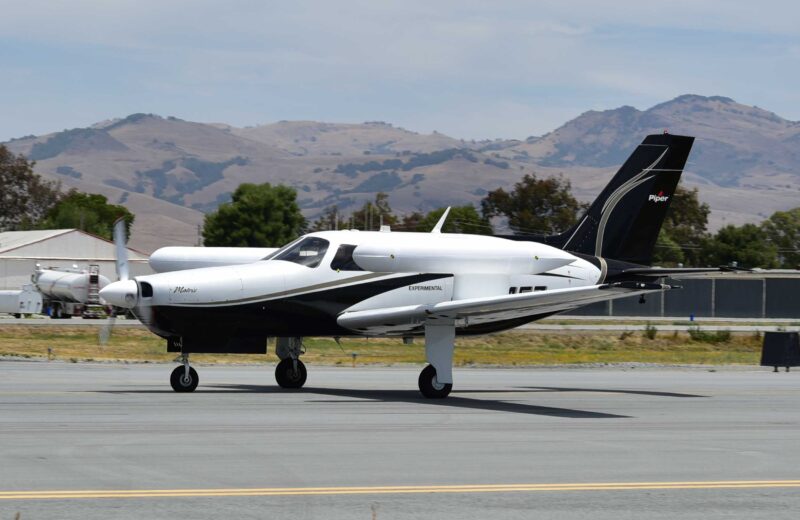ZeroAvia’s maiden hydrogen-powered flight approaches

ZeroAvia expects its maiden “long distance” 300nm flight, powered solely by a hydrogen electric drive train, will take place within two months, the company’s head of Europe, Sergey Kiselev, told Revolution.Aero’s online Town Hall meeting yesterday (September 1st).
It has been a tough but busy year Kiselev told the Town Hall’s 300-plus colleagues. After a successful first phase of testing in Cranfield, UK, the ZeroAvia team is currently conducting further testing specifically to the hydrogen drive train on the airfield apron or ramp.
ZeroAvia has been “flying the world’s largest zero-emission aircraft without any fossil fuel support since the spring of 2019”, he said. The company wants to expand hydrogen-powered aviation across a variety of markets, initially targeting short-haul 10-20-seat commercial flights up to 500 miles, air taxis, and package delivery. It has secured FAA experimental certificates for its air taxi prototypes, passed some flight tests, and is on track for commercial deliveries by 2023.
Secured FAA experimental certificates
Kiselev said he hopes that 2020 will bring significant progress in the hydrogen market. Whilst it is notoriously difficult to create infrastructure capable of storing the hydrogen, it is the most abundant element in the universe.
Compared with battery power Kiselev said: “Over the lifecycle hydrogen is actually much better than the batteries because you need to take into account the emissions in production of the batteries. On top of that, if you take into the account the operational surcharge [when charging] you will see that hydrogen will achieve about a 30% reduction in operation costs.”
However Kiselev notes, the ecological impact of the hydrogen is determined by the energy used to create the electricity, which in turn creates the hydrogen.
‘80m tonnes of hydrogen produced every year’
The question people ask most, according to Kiselev, is where do you get the fuel? He told delegates: “There about 80m tonnes of hydrogen produced every year, of which a big fraction is used by fossil fuel refineries. Hydrogen for them is nothing new, neither is fuelling aircraft, so when you combine the two you can get a simple answer.”
“However, given that hydrogen aviation doesn’t yet have the scale, I think companies like ZeroAvia will, perhaps with the help of big oil companies, solve the problem of infrastructure ourselves. Infrastructure requires a few flights per day in order to run back its cost, even if they are small sub-regional flights,” said Kiselev.
Fellow speaker Jeff Engler, CEO, Wright Aviation, noted that, while there are infrastructural challenges, a positive of hydrogen is that it is all technically doable today. “There’s nothing technically impossible. On the other hand, with batteries you cannot get an economically viable battery today that can do 800 miles, whereas you can certainly do that with hydrogen.”
You can rewatch all the action from this month’s edition of Revolution.Aero Town Hall here. This session also included presentations from Charles Armitage, European Aerospace & Defence Analyst, Citi Research; Eric Bartsch, COO & Co-founder, VerdeGo Aero; Roei Ganzarski, CEO, magniX; and Brian Flynn, Managing Director, DiamondStream Partners.








